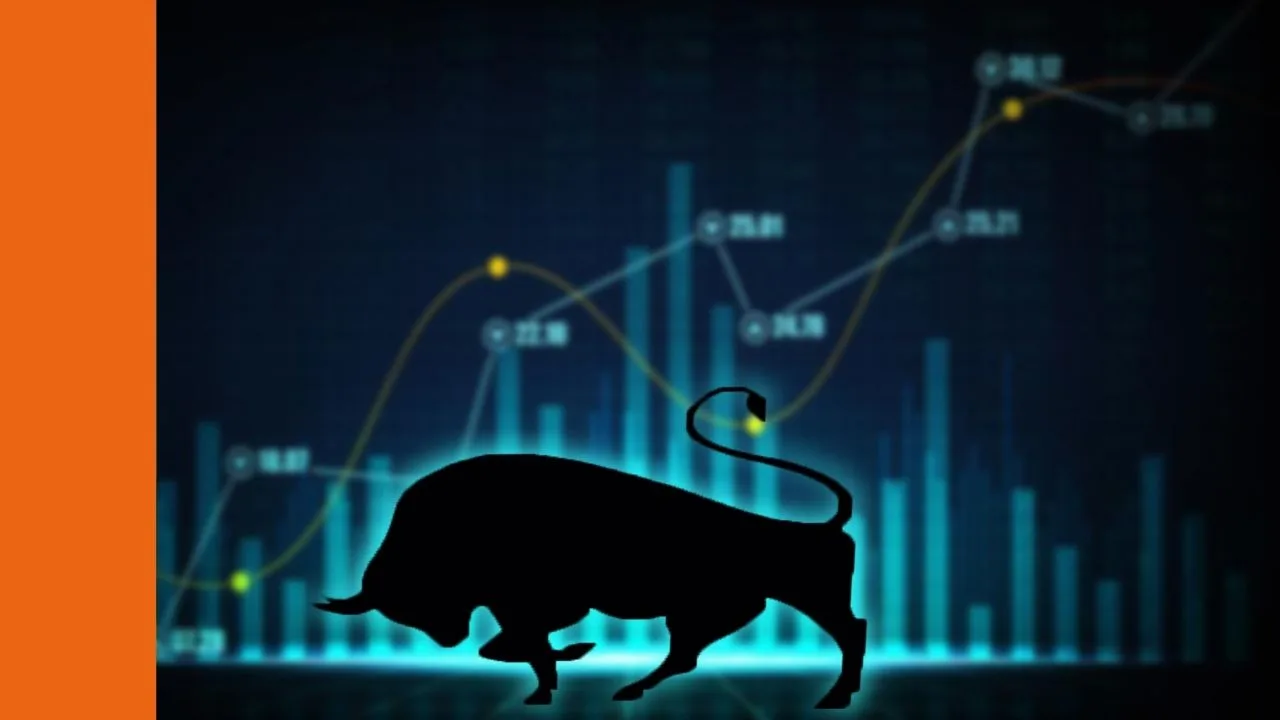Are Australia and New Zealand Banking Group (ASX: ANZ) shares worth buying after the ASX bank announced more notable costs?
What has ANZ announced?
The large ASX bank announced that its second half cash profit will be reduced by an after tax charge of $528 million. This equates to around 5 basis points (0.05%) of common equity tier 1 (CET1) capital.
ANZ is going to recognise $188 million of after tax costs, largely relating to an acceleration of remediation programs and product reviews across the bank.
Changes to how ANZ’s software is amortised resulted in a $138 million after tax. The bank said these changes were made to reflect the increasingly shorter useful life of various types of software assets caused by rapidly changing technology and business requirements.
The remaining charges of $202 million after tax include the writedown of goodwill in ANZ’s Pacific business, accounting changes on ANZ’s investment in PT Panin and restructuring charges.
This means that in FY20 there will be a net total $1.54 billion of notable items, including $279 million of customer remediation.
Are ANZ shares worth holding?
There aren’t too many businesses in the ASX 200 that have been impacted more by COVID-19 than ANZ.
The bank still has thousands of borrowers that aren’t repaying their loans yet with the payment holidays. A big question is – how many of these loans will turn into overdue loans in the coming months?
There are plenty of industries that are still suffering from heavily-reduced (or non existant) activity like travel, large-scale events and international tourism. I can totally understand why there are still groups of borrowers that aren’t able to make repayments.
Not only will ANZ probably have to contend with higher bad debts in FY21, but it will also still be suffering from a lower net interest margin (NIM) for a while as interest rates are still extremely low and expected to stay low for some time.
I don’t think ANZ is worth buying. It’s already a huge business and I don’t see how it can generate a lot of growth unless Australia’s population can keep rising at a faster pace.
For me, there are plenty of other ASX dividend shares to consider first. I think something like Brickworks Limited (ASX: BKW) is exposed to a similar sort of opportunity situation, but with much more growth potential.








